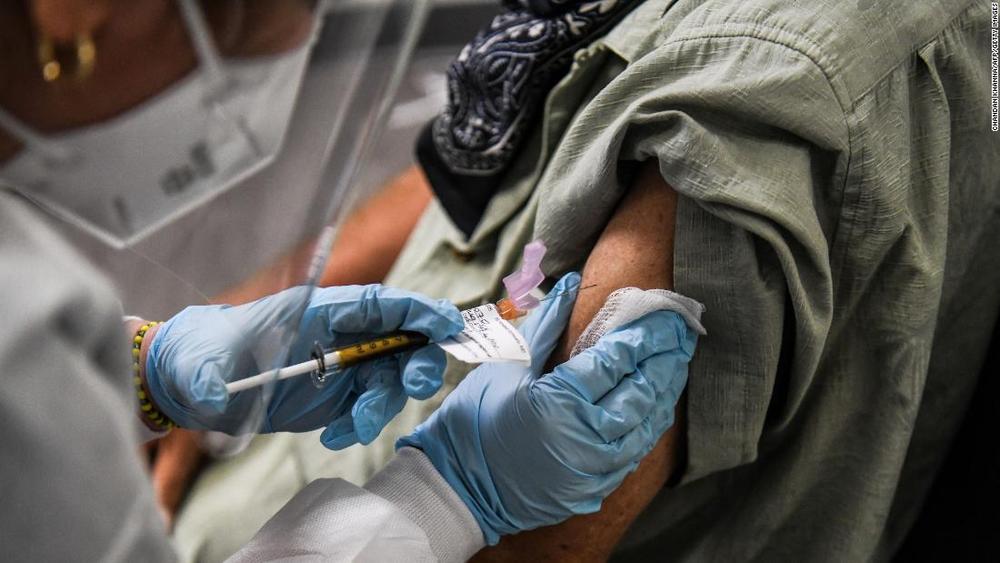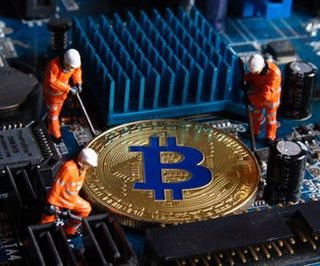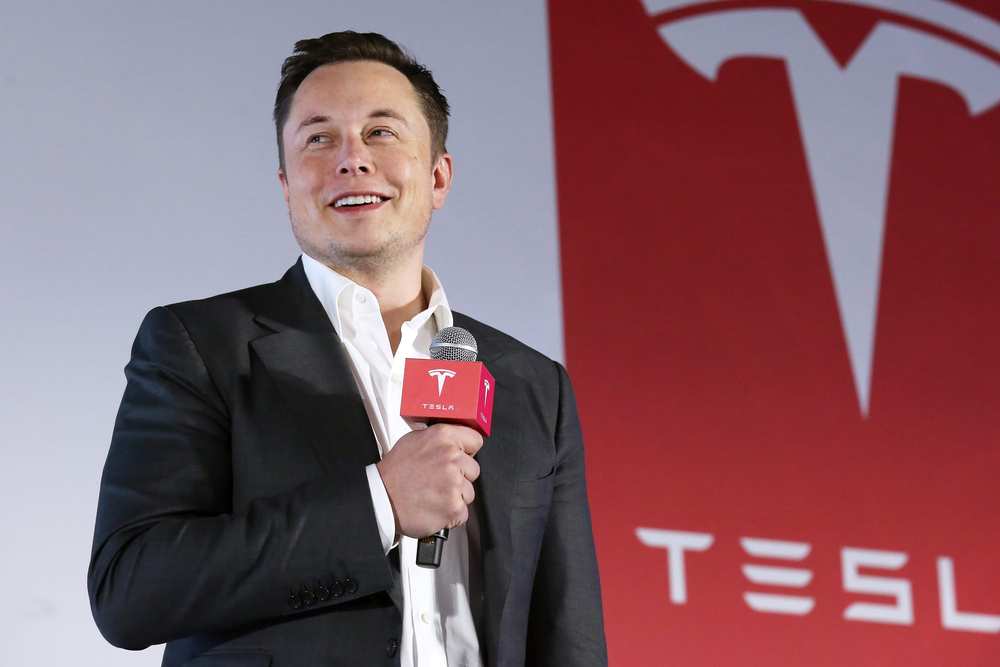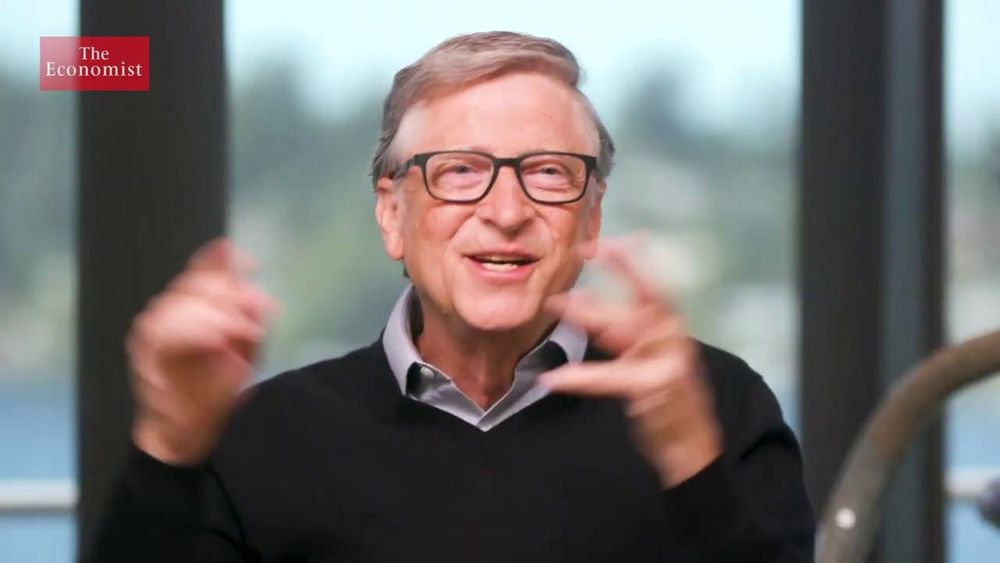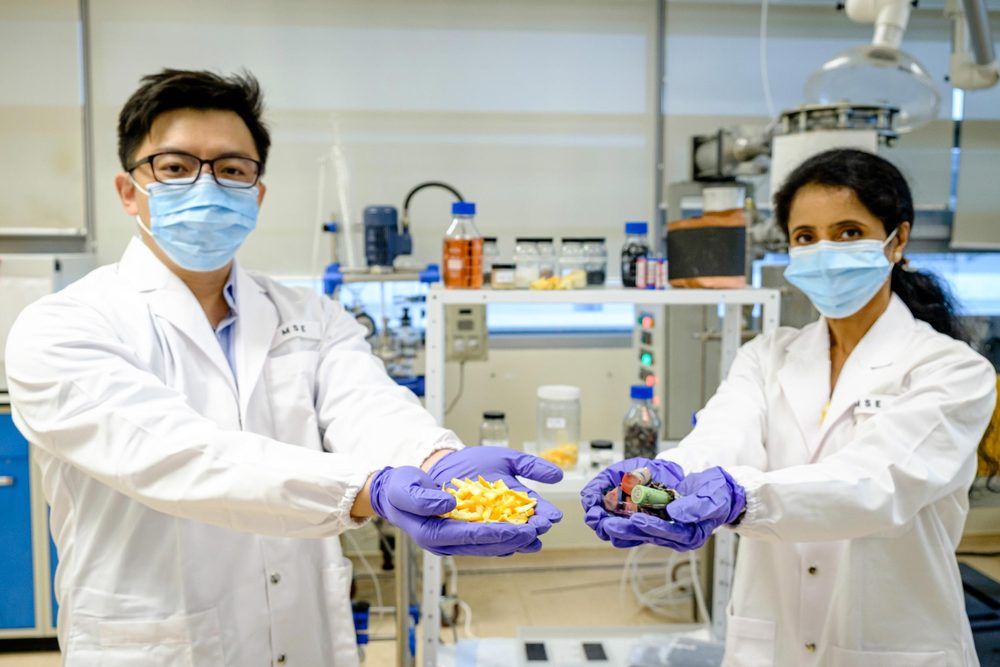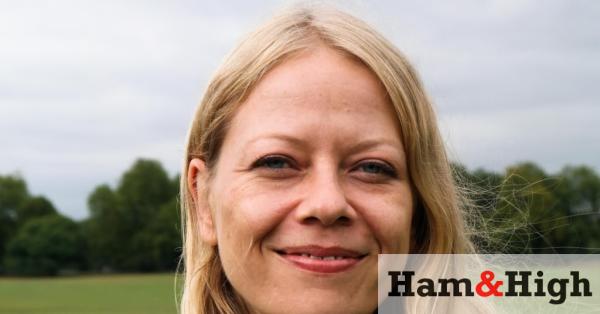🤔 My belief is: Many people have ideas on how to fix the global economy. It is only in trying as many ideas as possible to see what works, and what fails. Personally I believe in the ideologies of Scottish Intellectuals David Hume, and Adam Smith. Capital needs to be broadly spread out to the most productive hands of an economy. Currently that would be creatives. Musk and Bezos have multiplied wealth and created jobs, like Steve Jobs. With people cozy to the idea of working a… See More.
The US Centers for Disease Control and Prevention has asked states to be ready to distribute a coronavirus vaccine by late October. Pfizer (PFE) thinks it will have enough data to ask the US Food and Drug Administration to authorize its potential vaccine next month.
Most experts think it’s unlikely — but not impossible — that a vaccine will be ready ahead of the US election. But with at least seven candidates in phase three trials, it’s very likely that at least one successful vaccine will emerge in the months to come. Pharmaceutical companies are also racing to develop effective treatments for the disease.
An effective vaccine has been touted as the magic bullet that will allow the global economy to quickly shift back into gear. Yet there are reasons why the recovery may be slow going: vaccines are typically not 100% effective and there will be a limited number of doses to go around. Distribution could be a problem, both between countries and within them. Even if those challenges are overcome, some people may choose not to take the vaccine.
